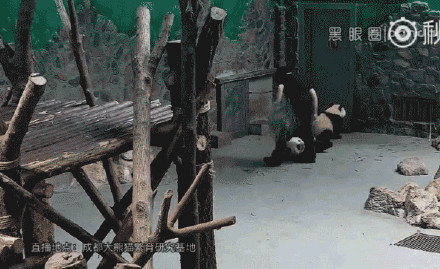2017 BRICS Youth Forum kicks off in Beijing
|
Guest speakers carry out a conversation at the plenary session of the 2017 BRICS Youth Forum in Beijing on July 25. [Photo by Zhang Jiaqi/China.org.cn] |
The 2017 BRICS Youth Forum themed “Enhance BRICS Partnership, Promote Youth Development” kicked off in Beijing on July 25.
A total of 50 young delegates including politicians, experts, business leaders and students from the BRICS countries (Brazil, Russia, India, China and South Africa) attended the three-day event hosted by the All-China Youth Federation (ACYF).
Wang Hongyan, the vice president of ACYF, extended a warm welcome to the youth delegates from the BRICS countries at the opening ceremony. She called for expanding consensus, promoting innovation and increasing cooperation among the youth delegates of the BRICS countries so that the world can better hear the voice of the youth.
“The 2017 forum will continue to serve as a platform for the youth of the BRICS countries to facilitate communication and promote pragmatic cooperation,” she said.
Huang Yiyang, counselor of the Department of International Economic Affairs of the Ministry of Foreign Affairs, emphasized the significance of the youth exchange mechanism of the BRICS countries.
“The youth exchange mechanism of the BRICS countries is brand new, which will enrich the connotations of BRICS exchanges and communication. The BRICS countries should work together to construct a more open world economy, strengthen cultural exchanges and promote effective mechanisms among the BRICS countries,” Huang said.
Sergio Suchodolski, director general of the Department of Strategy and Partnerships in the New Development Bank (NDB), spoke of the role of the youth in instituting new mechanisms. According to Suchodolski, the NDB will focus on hiring young and qualified professionals able to bring new ideas and challenge the status quo.
During the plenary session, Wu Zhicheng from the Zhou Enlai School of Government at Nankai University delivered a keynote speech on the Belt and Road Initiative and youth development in the BRICS countries.
Wu emphasized the significance of the Belt and Road Initiative in promoting the construction and development of the BRICS countries, and listed possible challenges ahead. He suggested the youth of the BRICS countries take the initiative to contribute to the construction of the cultural exchange mechanism among the BRICS countries, and actively participate in the communication and exchange activities.
Over the coming two days, youth delegates will discuss three topics: key points and characteristics of BRICS youth policy, BRICS youth innovation and entrepreneurship, and BRICS youth participation in global governance. An action plan will also be worked on for the 2017 BRICS Youth Forum.
Further to group talks, the youth delegates will also visit a popular Chinese bike-sharing company, attend cultural activities, and visit the Great Wall and the Olympic Green.


